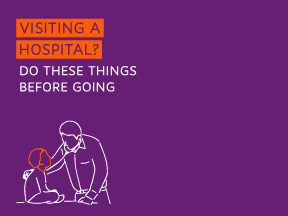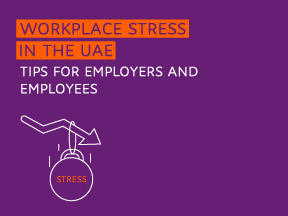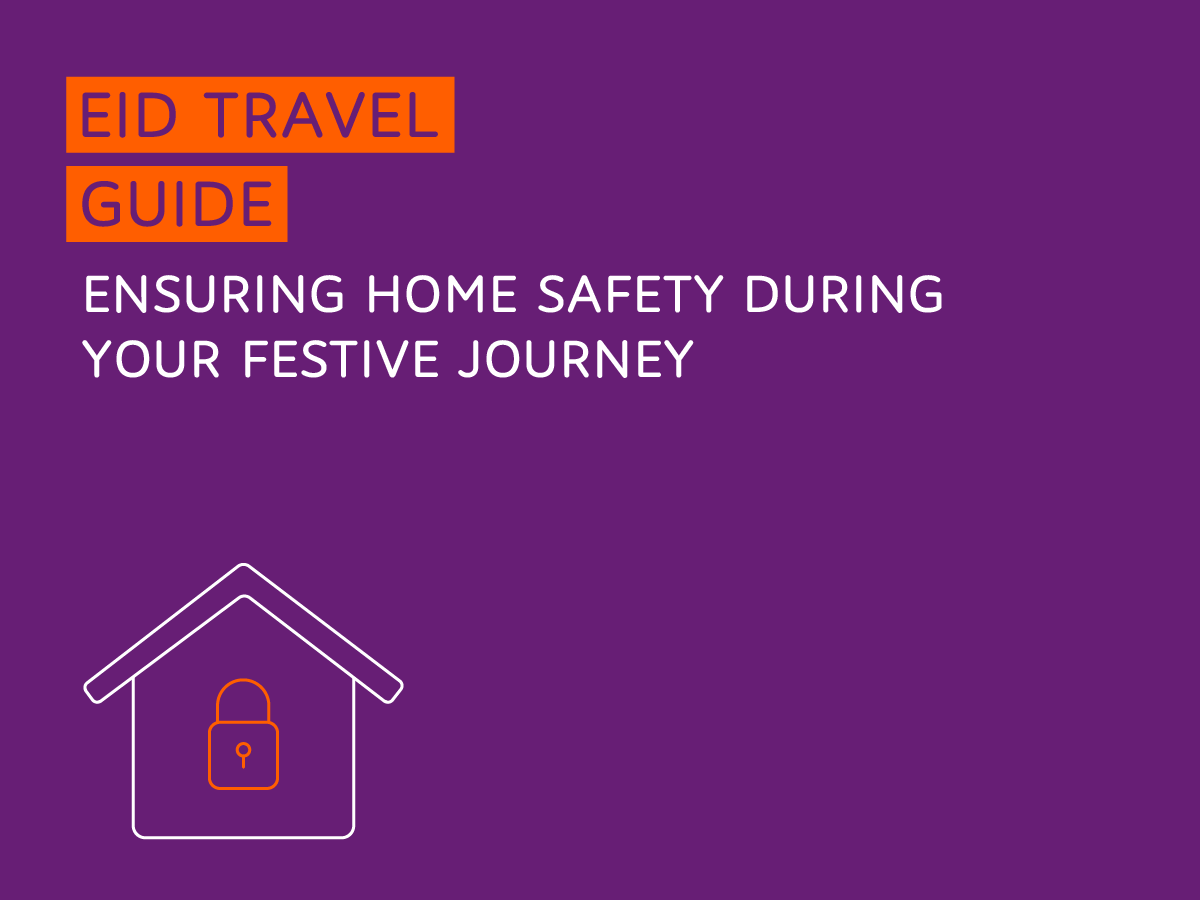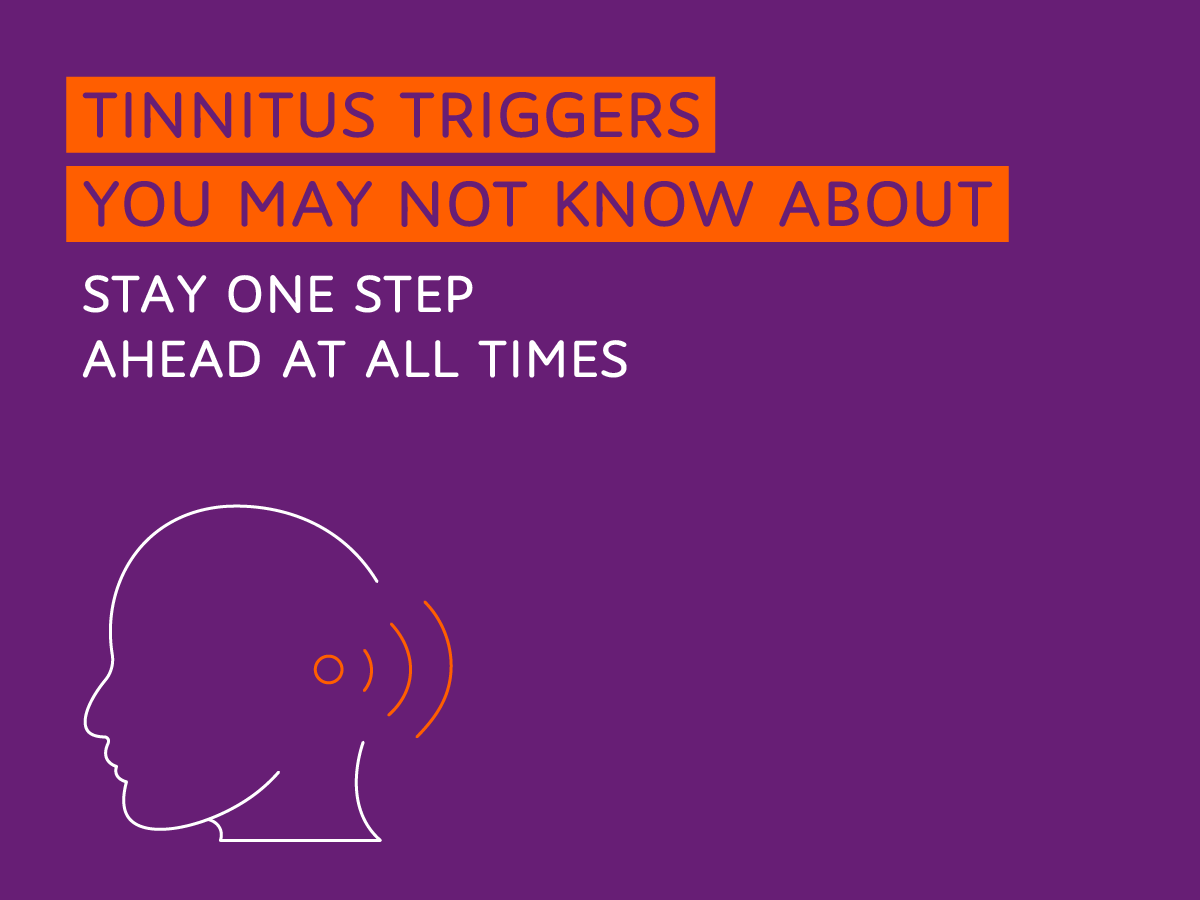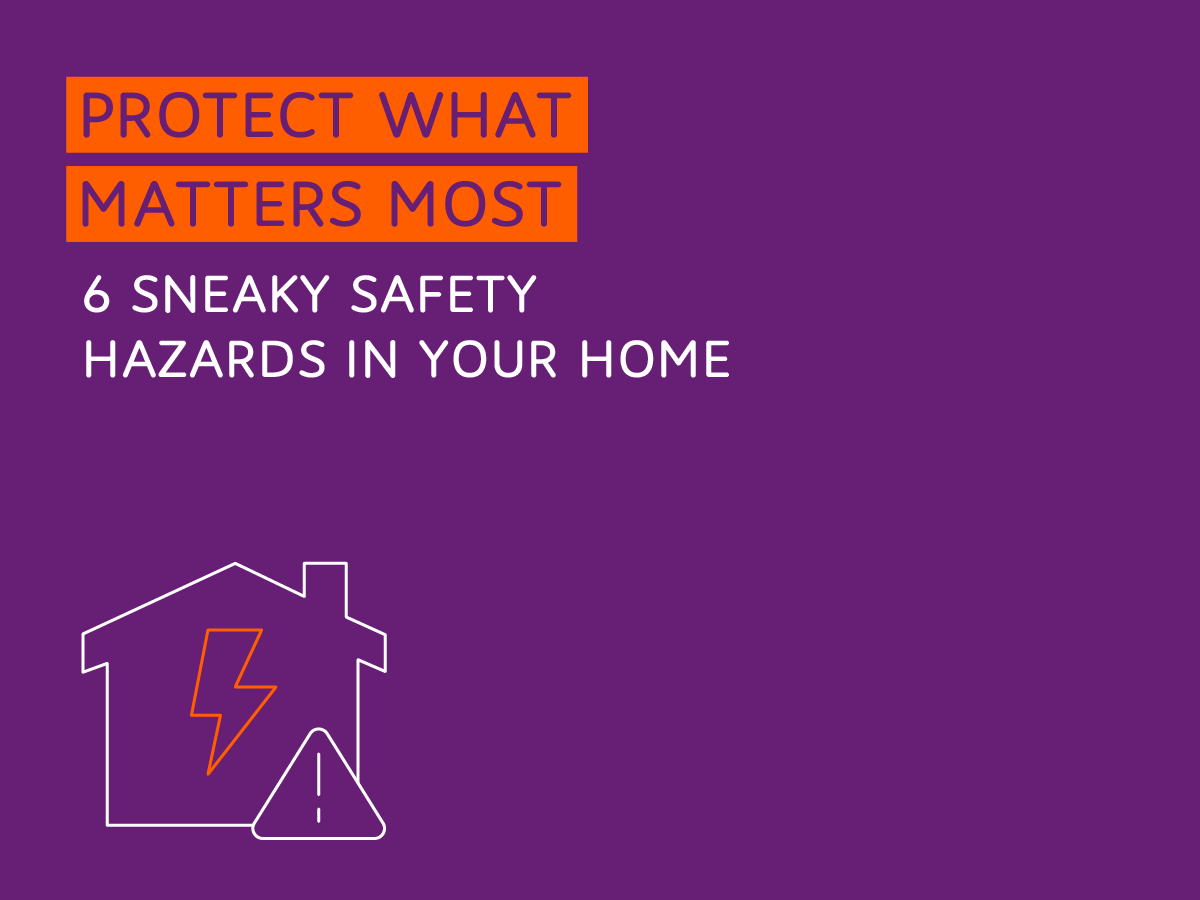Posted on February 10, 2025
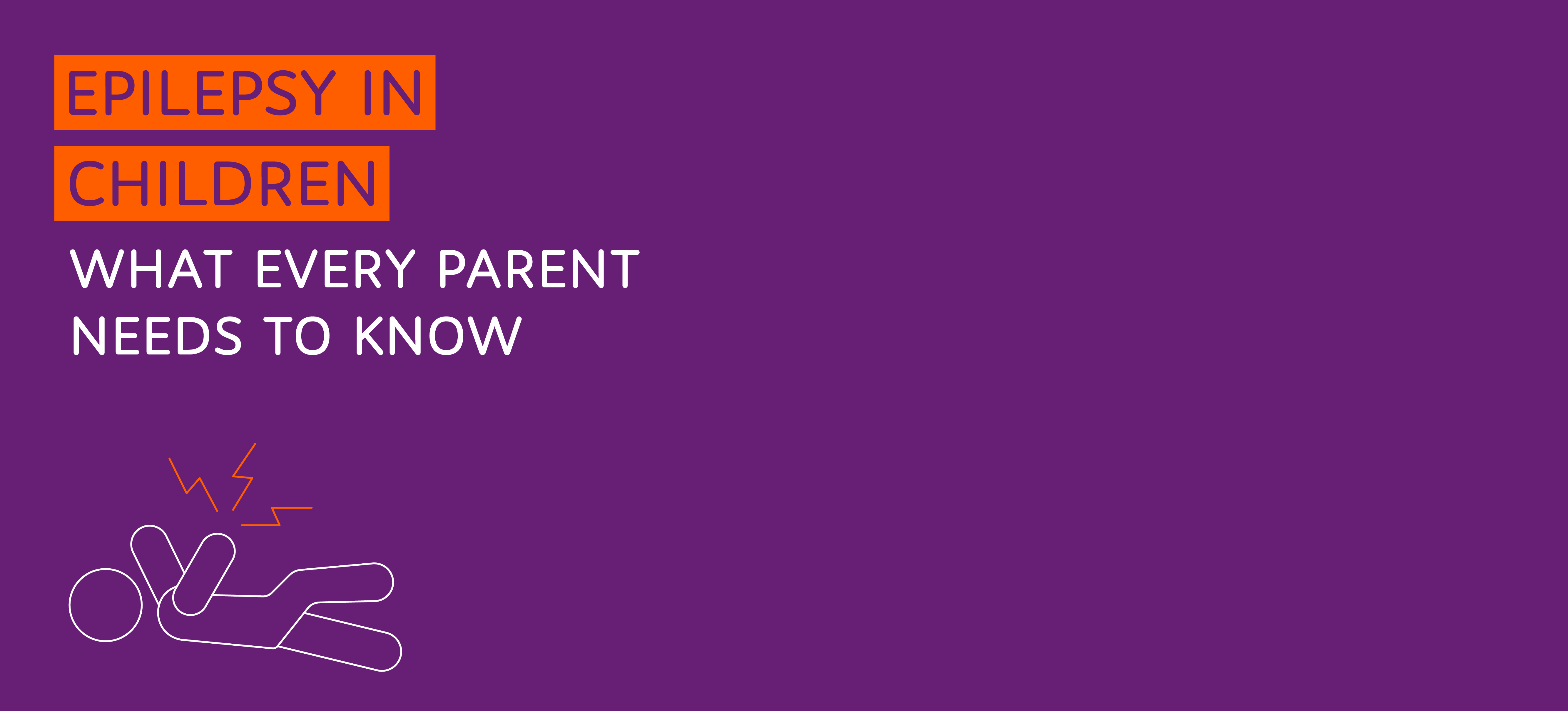
Parenting is full of surprises and challenges, but learning your child has epilepsy can feel like a curveball you never expected.
You might be asking yourself, “What does this mean for our future?” or “How can I help my child thrive?” Here’s the good news—you can absolutely empower your child to lead a happy, fulfilling life with the right information and support!
This guide is here to make understanding epilepsy manageable, offering practical tips for recognising symptoms, handling treatments, and supporting your child in school and social settings.
Spotting Epilepsy in Children: What to Look For
Every parent has those moments when their child’s behavior leaves them scratching their head. Are they daydreaming? Are they just THAT into their imaginary world?
Sometimes, these quirks might signal something more, like epilepsy. These signs may point in that direction:
Staring Spells
Your child might seem frozen in time, zoning out mid-sentence or mid-play. These brief ‘absence seizures’ look like daydreaming but feel different.
Uncontrolled Jerking Movements
Muscle twitches or spasms that happen out of nowhere could be a sign.
Random Falls
If your child seems to lose muscle control and collapses, ‘atonic seizures’ might be in play.
Unusual Behaviours
Lip-smacking, hand-clenching, blinking over and over, or other repetitive actions could be ‘focal seizures’ in disguise.
Brief Loss of Awareness
If your child seems momentarily confused or disconnected, pay attention – it could be a warning sign.
Here’s the thing—not every tumble or stare is epilepsy. Children are children, after all. But if these behaviours raise concerns, then team up with a pediatric neurologist who can help piece the puzzle together.
Managing Epilepsy in Children
Getting a handle on epilepsy might feel like learning a new language—but don’t worry, you’ll be fluent in no time. Here’s your crash course in managing this condition with confidence.
Stick to the Treatment Game Plan
Most children respond well to medicines. Follow their medication schedule closely and keep an open line of communication with your doctor. Questions like, “What happens if we miss a dose?” are always worth asking. Self-medication is never an option!
Figure Out What Triggers Them
Does your child’s favorite video game have flashing lights? Did they skip a nap? Keep a journal of your child’s seizures and note anything that could be a trigger. Identifying patterns can help minimise risks.
Consider Additional Treatments
If medications don’t work well, other options like specialised diets (such as ketogenic diets) or medical devices (like vagus nerve stimulation) might help. Talk to your doctor about what’s best for your child – every case is different!
Never Skip a Checkup
Regularly visiting your doctor ensures your child’s treatment plan stays effective as they grow. Consider your doctor as your partner in this.
Thriving at School
A big worry for parents is how epilepsy might impact learning, but with preparation, your child can succeed in the classroom!
Bring Teachers on Board
Teachers, nurses, and lunch monitors should all know what to do during a seizure. Drop off a seizure action plan and feel free to over-communicate – it’s better than too little information!
Prepare for Emergencies
Make sure staff knows how to keep your child safe, like clearing the area during a seizure and not putting anything in their mouth (despite the myth).
Have a Support Plan in Place
Need extra time for tests or a quiet recovery spot? A 504 Plan or Individualised Education Plan (IEP) isn’t just helpful; it’s empowering.
Build Awareness
Help your child feel comfortable talking with peers about their epilepsy – on their terms, of course. Normalise it, and watch the stigma melt away!
Navigating Social Settings
Epilepsy doesn’t have to hold your child back from making friends or enjoying activities. Help them feel confident with some planning and support!
Bring Close Friends and Caretakers on Board
Teach close friends or caregivers how to respond to a seizure. The more they know, the less scared they’ll feel; the more helpful they will be to your child.
Boost Their Confidence
Remind your child they’re more than their diagnosis. Celebrate their strengths, whether it’s acing a test, scoring a goal in soccer, or just being an amazing child!
Plan Ahead for Events
Whether it’s a birthday party or school play, communicate any needs or safety tips with the host ahead of time.
Emotional Support is Key
Having epilepsy can sometimes make children feel different—but as their parent, your reassurance and love go a long way.
Listen to Them
Your child’s feelings are valid – whether they’re scared, frustrated, or just confused. Be their safe space.
Find their Tribe
Local support groups or online communities can show your child they’re not alone – and that life with epilepsy is full of possibilities.
Seek Professional Help if Needed
If anxiety or sadness becomes overwhelming, don’t hesitate to reach out to a therapist. Your child’s mental health is just as important as their physical health.
The Bright Side
Is epilepsy tough sometimes? Sure. But it’s also manageable. With the right tools, your child can flourish – and you can be proud knowing you gave them the foundation to do so.
This International Epilepsy Day, celebrate the steps you’ve already taken to support your child. Share this with other parents, raise awareness about childhood epilepsy, and keep advocating for a world that ensures Sukoon For All and sees your child for who they are – brilliant, one-of-a-kind, and unstoppable.
You’ve got this! And your child? They’re lucky to have you in their corner.




